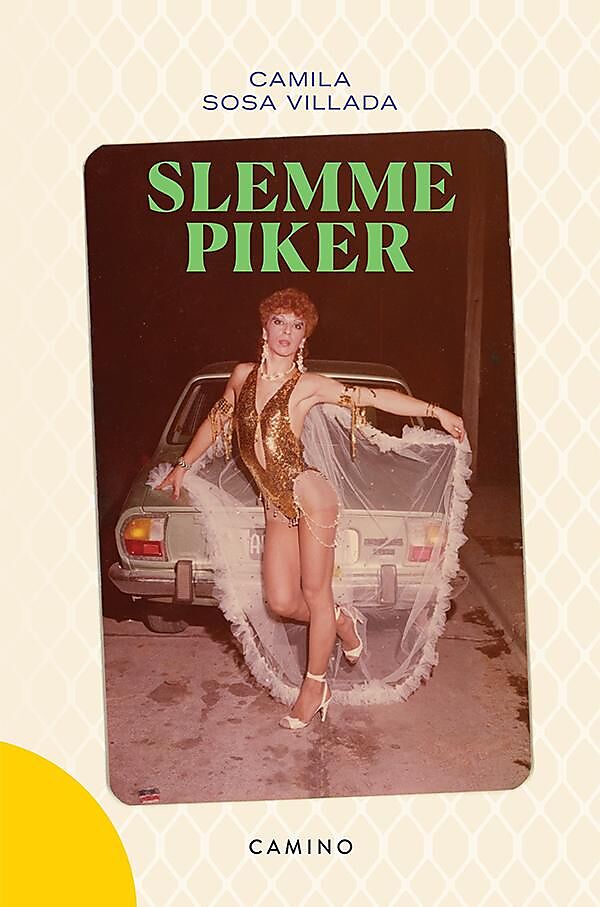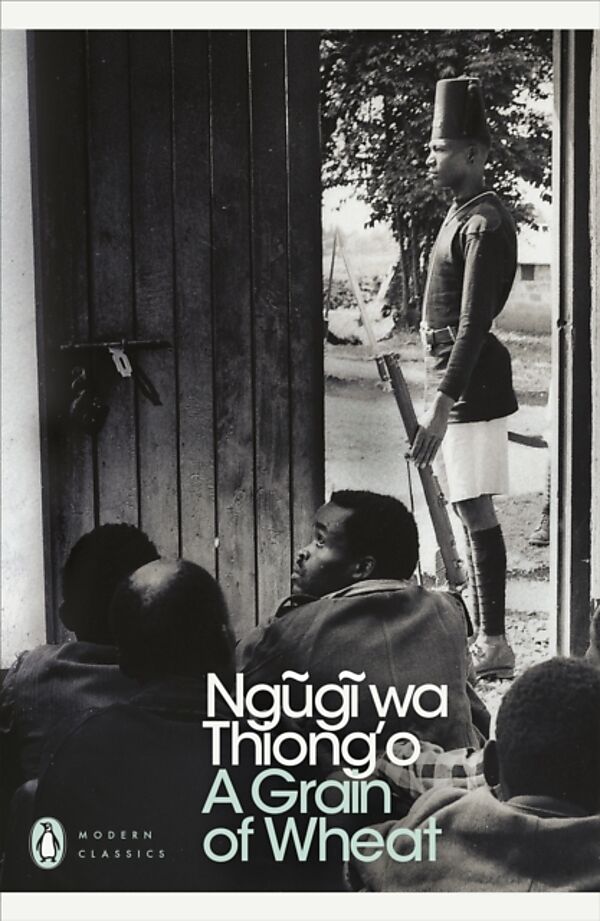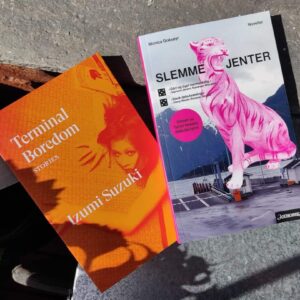
Slemme piker av Camila Sosa Villada

/cloudfront-us-east-1.images.arcpublishing.com/eluniverso/RS4ZIIXRABF7JE426BBE62A3EA.jpg)
«Det ble nødvendig for meg å skrive om de transkvinnene som de aller siste revolusjonære, som de siste bohemene jeg har kjent. Jeg måtte skrive om poesien som springer ut av noe så uventet som prostitusjonsmiljøet, fra et miljø som er så marginalisert som vi transkvinner har vært.» Camila Sosa Villada
Slemme piker er fortellingen om Camila Sosa Villadas egen oppvekst på den argentinske landsbygda med en alkoholisert og voldelig far som fordømte gutten som følte seg som en jente, en mor som ikke maktet å forholde seg til barnets behov og et liv i fattigdom og forsømmelse. Slemme piker er også historien om Camilas vei til å bli transkvinne og om hvordan hun levde av å prostituere seg i studietiden, slik hun beskriver det gjennom forholdet hun fikk til de andre transkvinnene som solgte sex i Córdobas største park, Parque Sarmiento.
A Grain of Wheat by Ngugi wa Thiong’o


“A Grain of Wheat was triggered by a visit to Inverness, the northernmost part of Scotland. But, I think I must also have been reading Tolstoy’s Anna Karerina, as the motif of the train runs throughout the novel. I was on a train from Inverness back to Leeds when I wrote the first line of A Grain of Wheat. “ (Ngugi wa Thiong’o, Brittle Paper).
Thiongo’s third novel is set in the aftermath of the Mau Mau rebellion and on the cups of Kenya’s independence from Britain. A Grain of Wheat follows a group of villagers whose lives have been transformed by the 1952–1960 Emergency. At the center of the story is the quiet and unwilling Mugo, the village’s chosen hero, a man haunted by a terrible secret. As the novel unfolds we learn of the villagers’ histories in a narrative that is interwoven with myth and peppered with allusions to real-life leaders. A masterly story unfolds in which compromises are forced, friendships betrayed and loves are tested.
Ngugi wa Thingo is one of Kenya’s great writers and activists. He has written, plays, short stories and novels, A Grain of Wheat (1967) was a turning point in the formal and ideological direction of his works. Using multiple view-points and multiple narrators the collective replaces the individual as the center of history.
Introduction by Abdulrazak Gurnah, and series editor (Penguin African Writers Series) Chinua Achebe.



